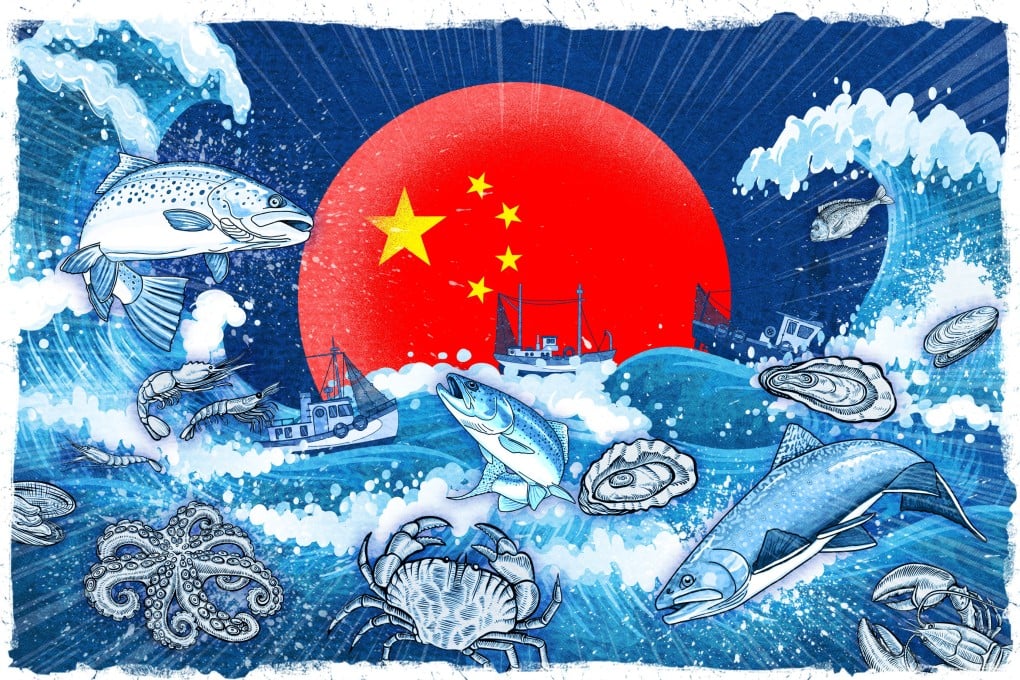Can fish farming solve China’s food security issues and the planet’s growing need for sustainable protein?
- ‘Blue foods’ have a lower environmental impact compared to livestock, and aquaculture production for food consumption now exceeds that of wild capture
- With the Earth’s population expected to rise by 3 billion by end of the century, expert says next step after discussing food security is ‘nutrition security’

As the human population keeps growing so too does the need for nutritious food, raising the question of how to feed the billions more people projected to be added to the population by the end of this century.
China’s aquaculture production, which includes farmed oysters, freshwater fish and prawns, has kept growing, albeit at a slower pace in recent years because of the impact of the Covid-19 pandemic and environmental protection regulations. Climate change is another factor causing changes in the diverse industry.
Sustainable aquaculture has been important for addressing food security and protecting people’s health and researchers are now looking into ways to boost output.
A study published in Nature journal in April argued that the ocean’s ability to supply food in the future would be challenged by the expected increase in demand for seafood.
